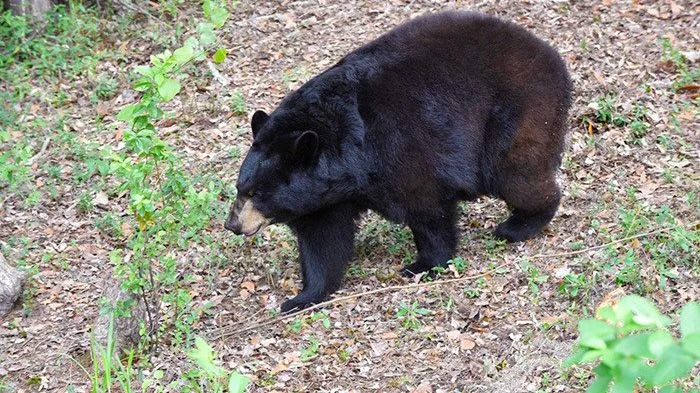
What Really Happened in Florida’s Shocking Bear Encounter?
In a rare and tragic event that has shaken communities in Florida, an 89-year-old man and his loyal dog fell victim to what appears to be the state's first fatal black bear attack. This unsettling incident highlights growing concerns about human-wildlife conflicts in suburban and rural areas, raising questions about how we coexist with nature in an increasingly crowded world.
The attack occurred early on May 5 in Jerome, Florida, a rural area near the Big Cypress Wildlife Management Area. According to the Florida Fish and Wildlife Conservation Commission (FWC), 89-year-old Robert Markel was found dead about 100 yards from his home, alongside his dog, which had also been killed. Evidence at the scene suggested a violent encounter, with signs of a bear entering the home and DNA linking one of the animals to the victims. FWC officials reported that a preliminary autopsy by the Collier County Medical Examiner confirmed Markel's injuries were consistent with a bear attack, marking a somber first in Florida's history of black bear interactions.

Following the discovery, wildlife officers acted swiftly, setting traps and killing three adult male black bears in the area, weighing 207, 263, and 434 pounds. Necropsy results from a Gainesville lab revealed that the 263-pound bear contained partial remains of Markel, and DNA evidence matched samples from the victim's body, the home, and the dog's body. FWC Chairman Rodney Barreto stated, "We want to thank the family for their cooperation as they navigate this challenging time, and our thoughts remain with them." While no bears tested positive for rabies, this response underscores the agency's protocol for public safety in human-bear conflicts.
This incident prompts deeper analysis: Florida's black bear population, once threatened, has rebounded, leading to more frequent forays into human territories. In the South Bear Management Unit, where Jerome is located, estimates suggest around 1,044 bears, up from previous years. Factors like habitat loss and urban expansion may be driving these encounters, as bears seek food in residential areas. Comparatively, neighboring Georgia reports no fatal attacks, with about 5,100 black bears in regions like the North Georgia mountains. Experts note that while attacks are rare—only 42 documented physical contacts with humans in Florida since the 1970s—incidents often involve cubs, food sources, or pets, as in Markel's case.
The event also draws attention to preventive measures. FWC data shows 6,300 bear-related calls annually, with calls near Jerome increasing. If encounters happen, officials advise staying calm, backing away slowly, and avoiding direct eye contact or running. This tragedy serves as a stark reminder of the need for better education and policy on wildlife management.

In summary, this fatal attack not only ends a life but also sparks vital discussions on balancing human development with wildlife conservation. What steps should communities take to prevent future tragedies? Share your thoughts in the comments below and help spread awareness by sharing this article.